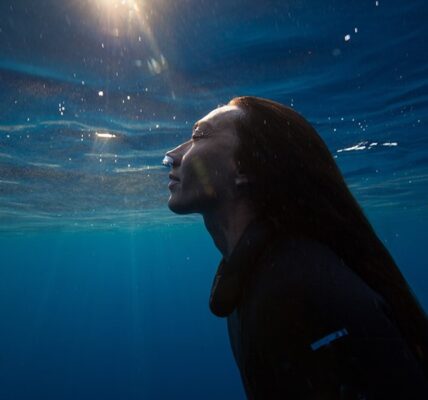Editor – Jon Gregory
Protecting the Vision
After a career spanning over 30 years, editor Jon Gregory has made the transition to digital. But, while the tools may have changed, he remains dedicated to delivering the director’s vision.
Film editors, along with screenwriters, are the unseen creative faces of a movie, working at opposite ends of the production cycle. When we tracked down Jon Gregory in his Soho edit suite, he was finishing an untitled project for long-time collaborator Mike Leigh; recently two of his latest films, Leigh’s Another Year and the East Is East sequel, West is West, premiered at this year’s London Film Festival. But even though he is now prolific in the world of film, Gregory started out working in television.
“It wasn’t intentional,” he says. “I’d always wanted to get into the film industry, but I couldn’t break the union. It was the time of ACTT [Association of Cinematograph Television and Allied Technicians], where you had to have a job to get a ticket, and a ticket to get a job. I managed to get into the BBC, but even there I couldn’t get into the editing courses because my academic qualifications were pretty dismal. I got in on the scenery crew, which was fantastic fun, and once you’re in the organisation you can see where to go and who to approach. I managed to get a job as an assistant editor, so I could join the union. I worked with Les Blair on a film called Beyond the Pale (1981) and [then] I got an 18-month contract to do a series called The Nation’s Health, so I left the BBC.” With most of his TV work being drama-based, Gregory didn’t find the transition to film that difficult, particularly as, in those days, most of the best shows were shot on film. “I’m certainly glad I started from the film side, because making a cut in the pristine film, you thought more about it, so it’s more of a disciplined approach to editing,” he says.
Like everyone else, however, Gregory has moved on to digital editing, with Avid as his preferred choice. “I went over to digital in 2000, with the change of century. If you see some of the films from the late ‘90s, Mike Leigh and I used to always put a caption at the ending, ‘cut on film’, but once something gets invented, people get used to it and you can’t go back. It’s the expectation to see cuts and things changed overnight, so you just can’t work on film. We used to do it, but it would take a day because you would have to send to the laboratories for a dupe of the cut, then redo it. However, I wasn’t naïve enough to think digital was a fad, because it couldn’t be uninvented.”
… continues











